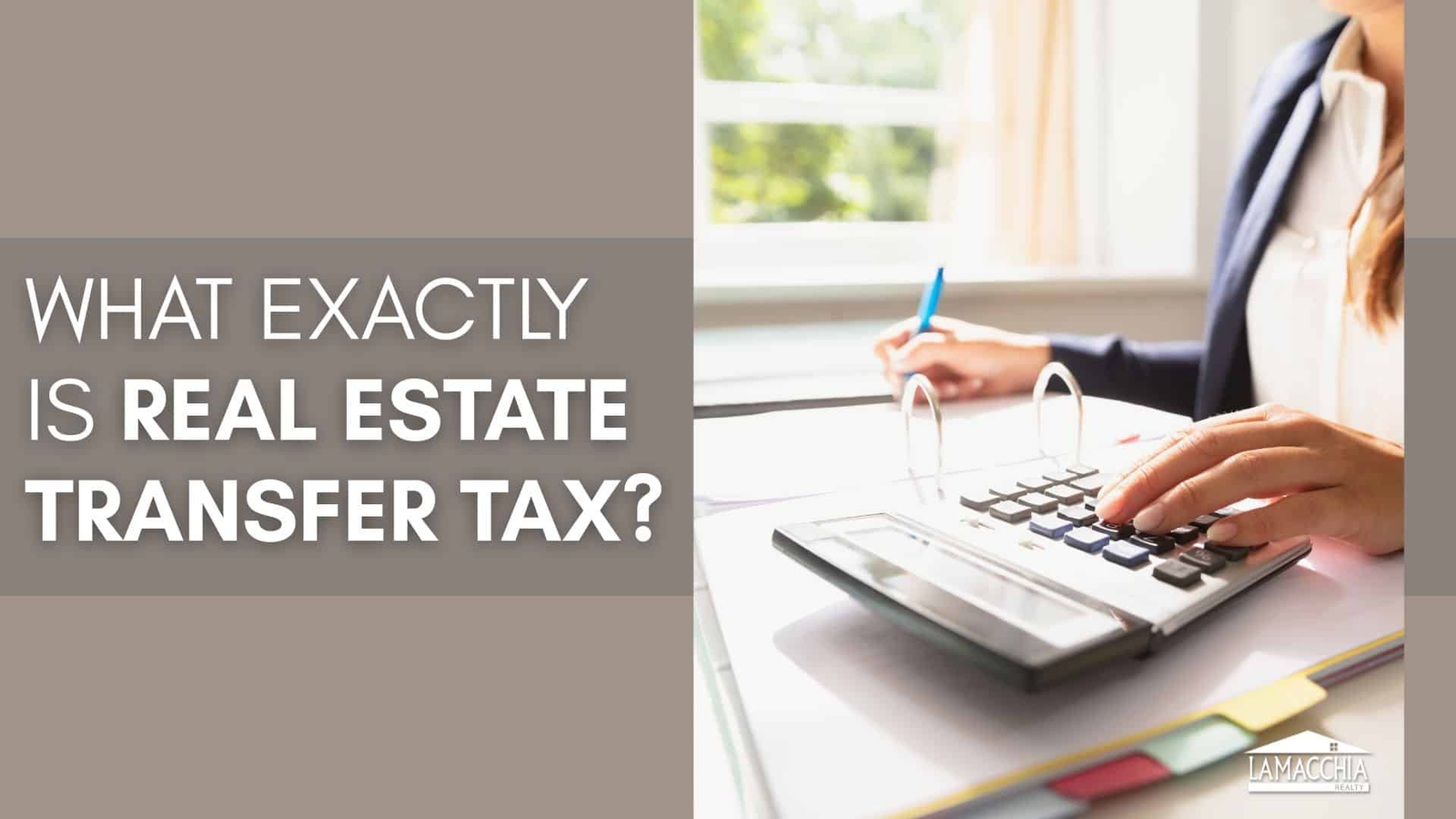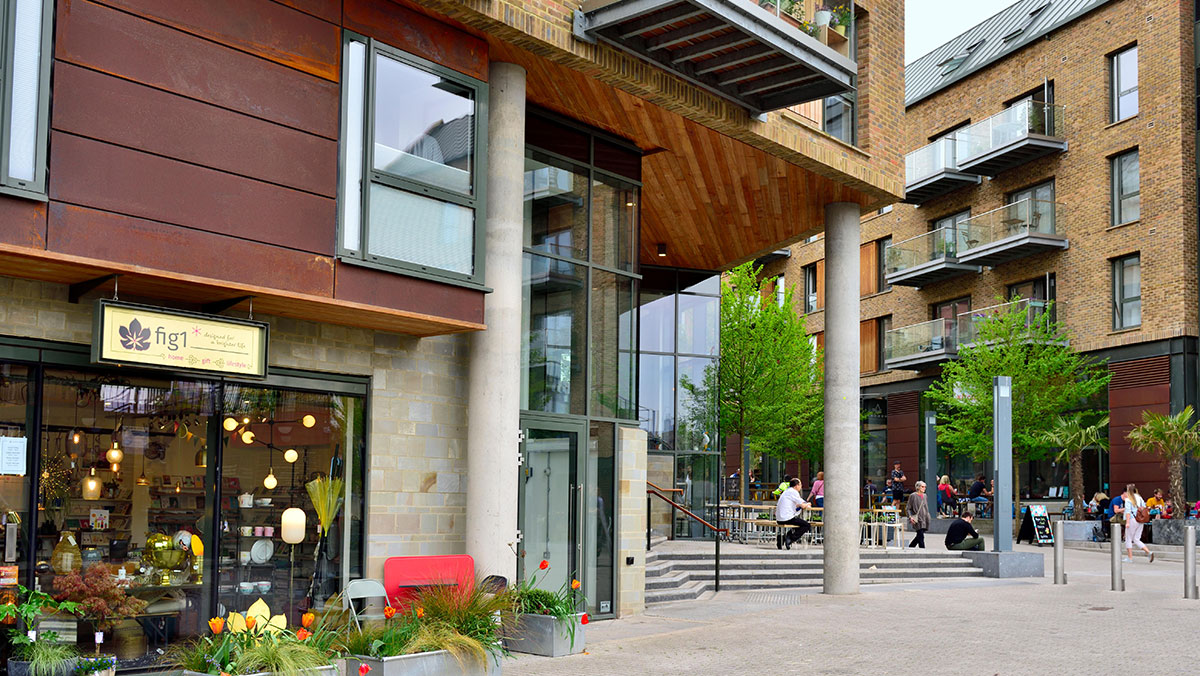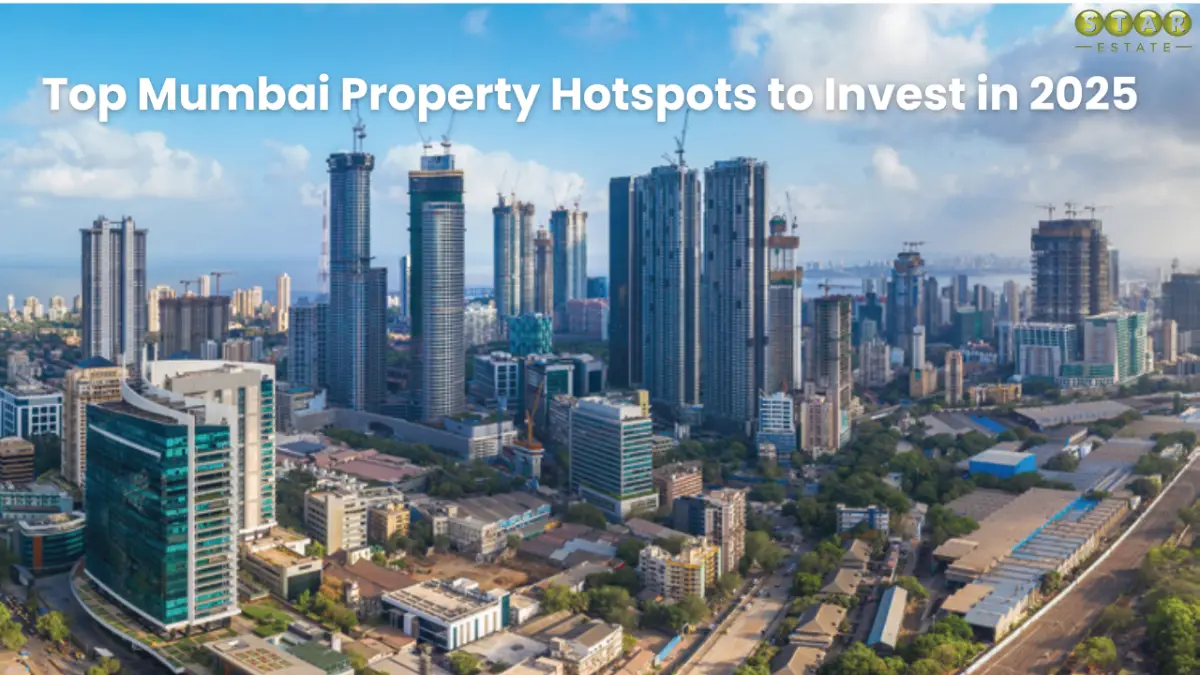Now Reading: Dubai Real Estate: 7 Rules of Real Estate Transaction Tax (RETT) Exemptions for Expats in 2025
-
01
Dubai Real Estate: 7 Rules of Real Estate Transaction Tax (RETT) Exemptions for Expats in 2025
Dubai Real Estate: 7 Rules of Real Estate Transaction Tax (RETT) Exemptions for Expats in 2025

Table of Contents
Dubai’s real estate market in 2025 remains a global investment magnet, with 99,000 transactions worth AED 326.7 billion in H1 and projected 5-9% price growth, per Dubai Land Department (DLD) data. Expats, drawn by 6-10% rental yields and a tax-friendly environment no personal income tax, capital gains tax, or annual property tax dominate freehold zones like Palm Jumeirah and JVC.
The Real Estate Transaction Tax (RETT) in Dubai, commonly referred to as the 4% DLD transfer fee, applies to property sales and transfers under Law No. 7 of 2006, typically split 2% each between buyer and seller. First-time residential sales are zero-rated for VAT (0%), and Qualifying Free Zone Persons (QFZPs) in Jebel Ali Free Zone enjoy 0% corporate tax if non-qualifying mainland income is below 5% or AED 5 million.
Below are seven rules governing RETT exemptions or reductions for expats in 2025, leveraging Dubai’s investor-friendly policies and Golden Visa eligibility for AED 2 million+ purchases.
1. First-Time Home Buyer Programme: 5% Discount Covers RETT
Expats qualifying for the First-Time Home Buyer Programme, launched July 2025, receive a 5% discount on properties up to AED 5 million, effectively covering the 4% RETT, per DLD guidelines. For a AED 2 million JVC apartment, the AED 100,000 discount offsets the AED 80,000 RETT (4%), saving AED 40,000 net. Eligible expats must be UAE residents aged 18+ with a valid Emirates ID and no prior Dubai freehold ownership. Register via the Dubai REST app and verify eligibility with DLD. This exemption-equivalent applies to residential properties in freehold zones like Dubai Hills Estate, ensuring tax-free rental yields of 6-8%.
2. Residential Property Transfers: No Additional RETT on VAT-Exempt Sales
First-time residential property purchases are zero-rated for VAT (0%), and subsequent transfers are exempt from additional RETT beyond the initial 4% DLD fee, per Federal Tax Authority (FTA) rules. For a AED 3 million Downtown Dubai apartment, expats pay AED 120,000 RETT (4%) once, with no VAT (saving AED 150,000) or further RETT on resale. Confirm residential classification via DLD title deeds, as commercial properties incur 5% VAT plus RETT. This rule preserves tax-free capital gains (e.g., AED 300,000 on a 10% appreciation) and 7% rental income, per Provident Estate.
3. Inheritance or Gift Transfers: RETT Waived for Family Transfers

Expats transferring freehold property via inheritance or gifts to immediate family (spouse, parents, children) are exempt from the 4% RETT, per DLD regulations and Law No. 7 of 2006. For a AED 4 million Palm Jumeirah apartment gifted to a spouse, this saves AED 160,000. Register the transfer with DLD, providing a notarized gift deed or will (AED 2,000-5,000 cost) and family documents. Without a will, Sharia law may apply, so consult legal experts. This exemption ensures tax-free wealth transfer, critical for 43% of foreign-owned properties, per EU Tax Observatory.
4. Off-Plan Developer Waivers: RETT Splits or Reductions
In 2025, 30% of off-plan projects in freehold zones like Dubai Marina offer developer-sponsored RETT waivers or splits, reducing the buyer’s 2% share, per DLD data. For a AED 2.5 million Business Bay apartment, a full waiver saves AED 50,000, or a split saves AED 25,000. Negotiate early-phase deals with developers like Emaar or Damac, ensuring RERA-compliant Sale and Purchase Agreements (SPAs) and escrow accounts. Combine with 0% VAT on residential off-plan sales (saving AED 125,000) for tax-free yields of 6-8%, per Driven Properties.
5. Conversion to Residential Use: RETT Recovery on VAT
Expats purchasing commercial properties and converting them to residential use within three years can recover the 5% VAT paid, effectively offsetting part of the 4% RETT, per FTA’s User Guide. For a AED 3 million Dubai South commercial unit (AED 120,000 RETT + AED 150,000 VAT), converting to residential recovers AED 150,000, reducing net costs. File VAT recovery claims with FTA, providing DLD-approved conversion documents. This rule suits investors targeting emerging zones like Dubai South for 7-9% yields and tax-free rental income, per Mirabello Consultancy.
6. UAE Veterans and People of Determination: RETT Exemptions
Expats classified as UAE veterans (e.g., former armed forces members with residency) or People of Determination (with DHA-issued Sanad cards) qualify for full RETT exemptions on residential property purchases, per DLD and Corporate Taxation guidelines. For a AED 2 million JVC apartment, this saves AED 80,000. Submit proof of status to DLD during registration, alongside Emirates ID and title deeds. This niche exemption, combinable with the First-Time Home Buyer Programme, supports tax-free 8-10% yields and Golden Visa eligibility, enhancing affordability in freehold zones.
7. Corporate Restructuring Transfers: RETT Waived for Internal Moves
Expats holding properties via corporate entities (e.g., DIFC or Free Zone companies) can transfer ownership to related entities or individuals within the same group without incurring the 4% RETT, per DLD rules. For a AED 5 million Dubai Hills Estate portfolio moved from a DIFC entity to personal ownership, this saves AED 200,000.
Provide DLD with corporate documents proving common ownership and pay legal fees (AED 10,000-20,000). This supports QFZP structures for 0% corporate tax on rentals (saving AED 31,500 on AED 350,000 income), per FTA guidelines.
Why RETT Exemptions Matter for Expats
These seven rules First-Time Home Buyer discounts, residential VAT exemptions, inheritance waivers, off-plan reductions, VAT recovery on conversions, veteran exemptions, and corporate restructuring reduce or eliminate the 4% RETT, saving AED 80,000-200,000 on typical transactions.
Dubai’s tax-free regime no income, capital gains, or property taxes delivers 6-10% yields, per DLD’s AED 761 billion 2024 transactions. Hidden costs like 2% agency commission (+5% VAT), conveyancing (AED 6,000-10,000), and service charges (AED 10-53.7/sq.ft.) require budgeting, but RERA’s Mollak and escrow accounts ensure transparency. The 6.2% GDP growth, 25 million tourists, and 90-95% occupancy drive demand.
Tax Optimization Strategies
- Register via Dubai REST: Secure First-Time Home Buyer discounts and track DLD compliance for RETT offsets.
- Verify Residential Status: Confirm via DLD title deeds to avoid 5% VAT and additional RETT on commercial properties.
- Use QFZP Entities: Hold properties via Jebel Ali Free Zone for 0% corporate tax on rentals, complementing RETT savings.
- Negotiate Off-Plan Incentives: Secure RETT waivers or splits in early-phase sales for tax-free savings.
- Plan Family Transfers: Register gifts or wills with DLD to waive RETT, avoiding Sharia law risks.
- File VAT Recovery Claims: Convert commercial to residential properties within three years to offset RETT via FTA.
- Comply with Home-Country Taxes: U.S. expats use IRS Form 1118 for DTA credits; Indian buyers adhere to Liberalised Remittance Scheme ($250,000 limit). Muslim investors account for 2.5% Zakat (e.g., AED 6,000 on AED 240,000 rent).
Outlook for Dubai’s 2025 Expat Market

Dubai’s 2040 Urban Master Plan, Economic Agenda D33, and infrastructure like Metro Blue Line fuel freehold demand, per DLD. Despite 76,000 new units, 90-95% absorption rates and RERA protections mitigate oversupply. Off-plan sales (70% of Q1 2025) and incentives like 5-20% discounts or RETT waivers enhance affordability. These RETT exemptions position expats to maximize returns in Dubai’s tax-advantaged market, per Dubai Real Estate Strategy 2033.
Conclusion
Expats in Dubai’s 2025 real estate market can leverage seven RETT exemption rules First-Time Home Buyer discounts, residential VAT exemptions, inheritance waivers, off-plan reductions, VAT recovery, veteran exemptions, and corporate restructuring to save 4% on transactions.
Combined with no income, capital gains, or property taxes, these strategies deliver 6-10% yields and 8-15% gains. Strategic planning, RERA compliance, and home-country tax alignment ensure expats thrive in Dubai’s dynamic, tax-free property landscape.
read more: Dubai Property Market: 6 Tax Questions Every Foreign Buyer Asks in 2025






















